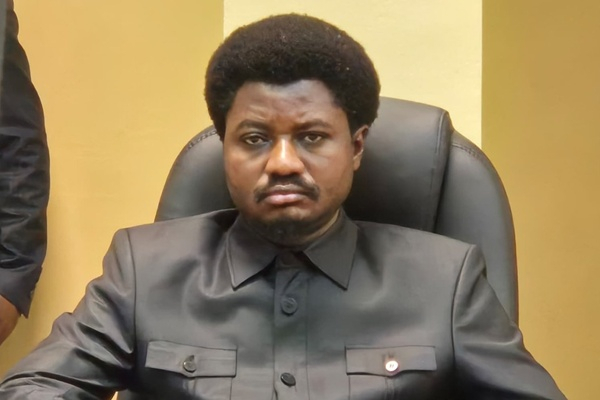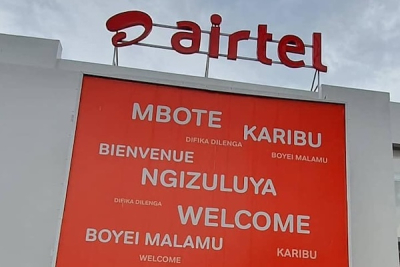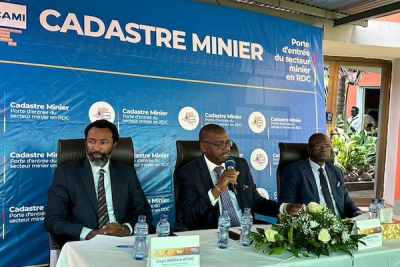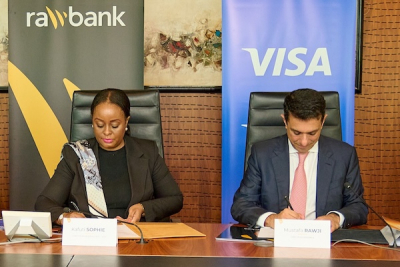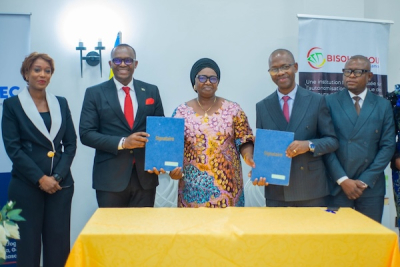On April 18, 2025, at a Council of Ministers meeting in Lubumbashi, Haut-Katanga, the Democratic Republic of Congo adopted a draft law establishing the Tribunal Pénal Économique et Financier (TPEC) and its attached national prosecutor’s office.
Presented by Justice Minister Constant Mutamba, the bill seeks to intensify the fight against economic crimes—especially corruption and public fund embezzlement. According to official minutes, the law aims to improve coordination among specialized bodies for investigation, assessment, and prosecution, while introducing structural and procedural reforms to strengthen enforcement.
Though the exact scope of TPEC is yet to be detailed, it is expected to focus on cases involving public money—such as financial embezzlement, misappropriation, bribery, and abuse of power.
Whether the tribunal will also cover economic offenses by private actors—particularly in mining, a pillar of the Congolese economy and government revenues—remains unclear.
The government presents this reform as a natural extension of its Justice Reform Program (PRJ), Governance Program, and commitments to international financial institutions, aiming to boost transparency, combat corruption, and improve public finance management.
While the measure aspires to safeguard public resources essential for development, its effectiveness remains to be seen. Similar initiatives in Nigeria and Cameroon have struggled to recover significant funds.
Still, creating the TPEC sends a strong political message in a country where persistent high-level corruption scandals erode citizen and investor trust alike.
This article was initially published in French by Georges Auréole Bamba
Edited in English by Ola Schad Akinocho






